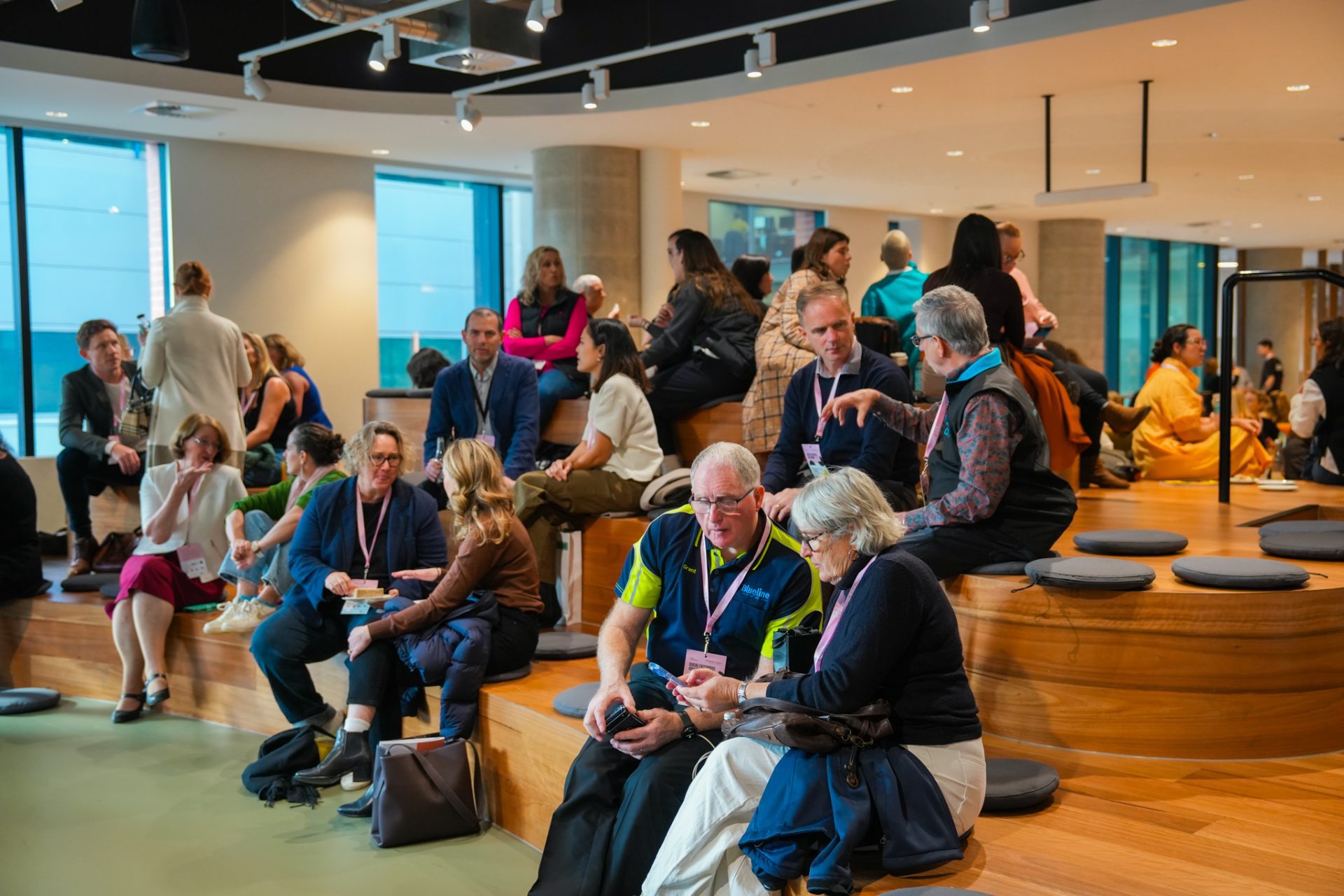For much of its journey, White Box has been fueled by entrepreneurial drive, bold ideas and the determination to carve new pathways for social change. That energy has been important, but as the social enterprise ecosystem matures, it’s increasingly clear that lasting impact doesn’t come from any single organisation at the centre. The future belongs to networks, alliances, and shared infrastructure.
“Ego-centric” in our context doesn’t mean self-absorbed, but that activity tends to orbit one organisation. Even with the best intentions, this can lead to competition for funding, duplication of effort, or siloed responses to complex problems. In that frame, success looks like what we directly achieve, jobs created, projects delivered, balance sheets strengthened.
By contrast, “eco-centric” thinking positions White Box as part of a broader system. Success is measured by the health of the whole ecosystem: social enterprises, community partners, funders, government, and most importantly the people whose lives are impacted. Collaboration stops being an add-on and becomes the core principle.
This shift calls for both humility and intentionality:
- Humility to acknowledge what others bring that we cannot.
- Intentionality to invest in partnerships that may not deliver immediate returns for White Box but strengthen the collective impact of the sector.
It reframes our role: sometimes connector, sometimes backbone, sometimes quiet enabler. It might mean co-designing initiatives where credit is shared, building open-source tools that others use, or creating funding models that distribute resources. It means celebrating not just the jobs White Box creates, but also those created by partners supported through advocacy, capital, or shared services.
It also reshapes leadership. Ego-centric leadership is often about vision and drive. Eco-centric leadership is about listening, convening, and creating conditions for others to thrive. It asks not “How do we grow White Box?” but “How do we grow the impact of the ecosystem?”
Has it been easy? No
Are we there yet? No
Are we committed? Yes

Social Enterprise Jobs Summit 2025
Personally, I was hesitant at first. The temptation to “just get it done ourselves” is real. But this year has shown us that outcomes at real scale come only when we align with others. By partnering, we create resilience, avoid duplication, and increase the chance that innovations take root well beyond us.
Looking ahead, we’re building in space for reflection, monthly as a team to ask: if we are truly a learning intermediary, how do we act like one? When we start something new, our first question needs to be not “How do we do this?” but “Who can we partner with, and how do we strengthen the ecosystem in the process?”

